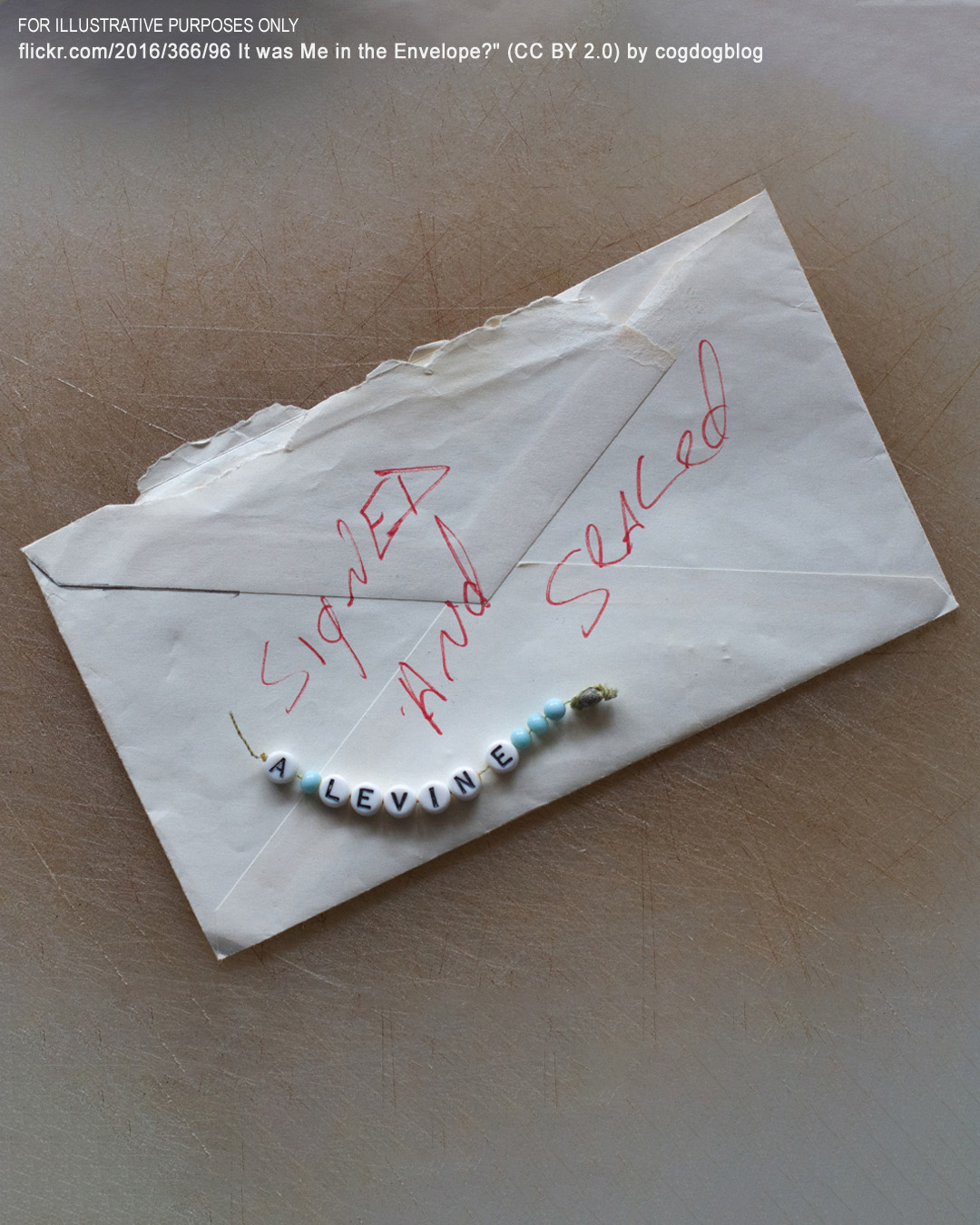Feds to revisit key environmental permit for wells to supply Hyundai’s GA site

The U.S. Army Corps of Engineers said Friday it is launching a “reevaluation” of a key environmental permit for four proposed Floridan Aquifer wells to supply up to 6.6 million gallons of water per day to Hyundai Motor Company’s Bryan County manufacturing facility and related development around the nearly 2,500-acre site.
USACE’s move is in response to a threatened legal challenge by a coastal Georgia conservation group of regulatory approval for the South Korean automaker’s electric vehicle and battery operation near Savannah.
In a letter dated Friday, USACE notes that state and local development officials omitted the site’s projected water use in their application for a federal permit required by the U.S. Clean Water Act.
The Corps adds that it later learned, through draft state groundwater withdrawal permits from the Georgia Environmental Protection Division, that at maximum capacity, the four Bulloch County wells would remove more than 6.6 million gallons per day from the aquifer.
“The Corps has determined that new information has surfaced regarding the effects the project may have on municipal and private water supplies, and that reevaluation of our permit decision regarding our effects determination for water supply is warranted,” USACE notes.
Read More : FDA authorizes updated COVID vaccines — and free at-home tests are coming back. Here’s the latest.
‘Overlooking water supply concerns’
The Ogeechee Riverkeeper organization informed USACE in June that it intended to challenge the October 2022 approval of a permit that helped clear the way for the $7.6 billion Hyundai project.
The organization accused USACE of “not completing required steps and overlooking water supply concerns during the permitting process” for the site.
The Clean Water Act requires USACE to collect pertinent information and analyze permit requests that impact or disturb “waters of the U.S.,” including wetlands.
The organization challenged USACE’s findings that “it would be reasonable to assume that the Bryan County (water) supply is adequate” to support the plant and related growth and “would not require water withdrawals or a permit” from the EPD.
The applicants – Savannah Harbor-Interstate 16 Corridor Joint Development Authority Secretary Trip Tollison and Pat Wilson, commissioner of the Georgia Department of Economic Development – knew months before the permit was approved that the Hyundai plant and related development would require up to 6.6 million gallons of water per day and the drilling of four new wells.
That information was included in a confidential “letter of intent” dated April 25, 2022, to Robert Boehringer, managing partner at consulting firm KPMG International. That letter, which laid out plans for the Hyundai project, also was signed by Tollison (who also is president and CEO of the Savannah Economic Development Authority) and Wilson.
However, the water needs were not mentioned in the federal permit application, also signed by Tollison and Wilson and submitted 12 days after the letter, on June 7, 2022.
USACE approved a revised version of the permit, including the findings that no additional water or wells would be needed, nearly four months later, on Oct. 4, 2022.
Friday’s letter from the Corps is addressed to Tollison and Wilson.
The reevaluation decision requests that JDA provide the USACE with an impact assessment of the Megasite’s water supply wells. JDA will need to show that the wells won’t have impacts on the Floridan Aquifer, those who rely on it, and the aquatic resources and environment. The assessment will also include “any groundwater and surface water modelling/data that has been collected.” USACE will then assess that report and determine if the permit needs to be adjusted. Depending on the findings, JDA may also be required to compensate for any resulting impacts.
The Ogeechee Riverkeeper organization (ORK) welcomed the Corps’ decision to revisit the permit.
“These considerations should have been taken into account from day one,” said Damon Mullis, riverkeeper and executive director of ORK, “but we are encouraged to see that the USACE will finally review these issues in full. Once all of the data is on the table, we urge the Corps to independently and vigorously vet and verify this information in its reevaluation, and to be transparent with the public during this reevaluation process.”
Digging deep: Fund to help GA property owners impacted by Hyundai wells reaches $1 million
‘It is reasonable to ask’
A spokeswoman in USACE’s Savannah office did not response for a request for comment about the reevaluation of the permit or how the process could affect the Hyundai project.
Tollison, meanwhile, has defended the application process for the federal permit.
“The Savannah Harbor-Interstate 16 Corridor Joint Development Authority has been working with local governments and the state on how to best serve the site with water since the Georgia Environmental Protection Division is responsible for drinking water and water usage, not the U.S. Army Corps of Engineers,” Tollison said in June. “We have been and remain committed to doing this the right way.”
But experts – and comments from the federal agency that enforces the Clean Water Act – suggest Tollison’s reply missed the point of the question.
The Clean Water Act does make clear that states are responsible for regulating drinking water, but it also directs USACE to account for “probable impact including cumulative impacts” on factors including “water supply and conservation” in its environmental assessment.
In other words, USACE can’t dictate where a project will get its water and how much it can use, but the Corps is expected to weigh those factors in reviewing applications for permits required by Section 404 of the Clean Water Act, explained Stan Meiburg, former deputy administrator at the U.S. Environmental Protection Agency who spent nearly 40 years with the agency.
“Given that such impacts should be considered, they should be considered using as good of information as you can,” said Meiburg, now executive director of the Sabin Family Center for Environment and Sustainability at Wake Forest University. “The conclusion might not be different, but it is reasonable to ask the applicant to submit, and EPA and the Corps to consider, accurate information.”
See More : Whooping cough, parvovirus and COVID rates are surging. Here’s what might be fueling the rise.
While declining to comment on the Hyundai permit specifically, the EPA concurred with Meiburg’s assessment.
“Yes, in reviewing a proposed project for compliance with Clean Water Act Section 404 regulations, the Corps and EPA consider the potential effects of the project on potable water supplies,” the agency’s Washington office said in an email response.
That portion of the landmark law regulates “the discharge of dredged or fill material into waters of the United States, including wetlands.”
It applied to the Hyundai project because the site contained more than 300 acres of “jurisdictional wetlands” as defined by the Clean Water Act.
But USACE also is charged with weighing the impact on waters around the site, including those potentially affected by the new wells.
Mieburg noted that significant withdrawals from underground aquifers can impact surface waters, which are at the very heart of Section 404 permits.
In its letter Friday, USACE directs Tollison and Wilson to “provide an assessment of effects the project may have on municipal and private water supplies, including whether the anticipated drawdown of the Floridan aquifer would result in any drainage of aquatic resources.”



